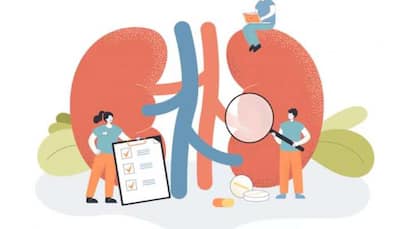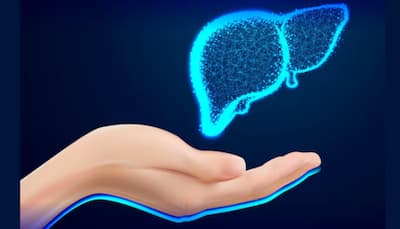Water is often considered the elixir of life, and for good reason. It plays a crucial role in maintaining bodily functions, aiding digestion, regulating temperature, and supporting kidney health. However, with all the advice floating around—such as drinking eight glasses of water a day or consuming more water to detox the body—how much of it is actually backed by science?
More importantly, how much water do your kidneys truly need to function optimally? Let’s separate hydration myths from facts with Dr Nitin Aggarwal, Consultant Urology & Andrology, Livasa Hospital Mohali to understand the real role of water in kidney health.
Fact: The “8×8 rule” (eight glasses of eight ounces each) is a widely accepted hydration guideline, but it lacks scientific basis. The amount of water one needs depends on multiple factors such as age, body weight, climate, activity level, and overall health. According to the National Academies of Sciences, Engineering, and Medicine (NASEM), an adequate daily fluid intake is approximately 3.7 litres (15.5 cups) for men and 2.7 litres (11.5 cups) for women from all sources, including food and beverages.
Fact: While staying hydrated is essential for kidney function, excessive water intake does not necessarily improve kidney health. Drinking too much water can lead to hyponatremia, a condition where sodium levels in the blood become dangerously low, potentially causing confusion, seizures, or even coma. For most healthy individuals, drinking when thirsty is sufficient to maintain kidney function.
Fact: The kidneys are highly efficient in filtering and removing waste from the blood without requiring excessive water intake. While drinking enough water supports kidney function, overhydration does not enhance toxin removal. Instead, a balanced diet and avoiding excessive salt, sugar, and processed foods play a more significant role in kidney health.
Fact: While urine colour can indicate hydration levels, it is not the sole factor. Certain foods, medications, and medical conditions can influence urine colour. Pale yellow urine generally indicates good hydration, but occasional darker urine does not always mean dehydration.
Drinking an adequate amount of water helps the kidneys filter blood effectively, preventing the buildup of waste and toxins in the body. Proper hydration also reduces the risk of kidney stones and urinary tract infections (UTIs).
Factors such as climate, activity levels, and medical conditions determine individual hydration needs. While some people may require more water due to exercise or heat exposure, others with kidney disease may need to limit water intake as per medical advice.
Fruits and vegetables like watermelon, cucumber, oranges, and lettuce contain high water content and contribute to overall hydration. Beverages such as herbal teas and milk also add to fluid intake.
Chronic dehydration can impair kidney function and increase the risk of kidney stones. Symptoms such as fatigue, dizziness, dry mouth, and infrequent urination may indicate dehydration and should be addressed promptly.
The kidneys require sufficient water to filter waste and maintain electrolyte balance. For most people, drinking according to thirst is an adequate guide. Those with kidney diseases, diabetes, or other medical conditions should consult their doctor for personalised hydration needs.
Stay informed on all the , real-time updates, and follow all the important headlines in and on Zee News.











